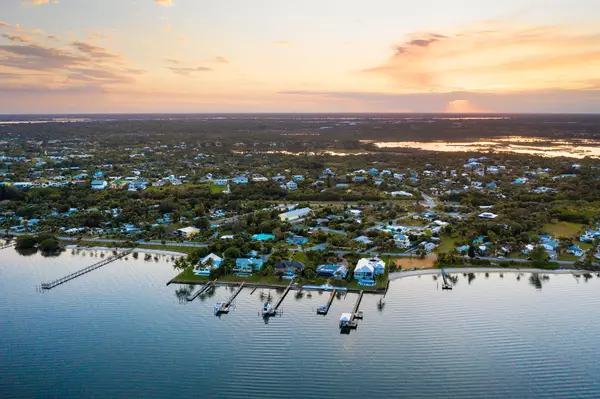Florida Condo Relief: What You Need to Know About HB 913
🏢 Florida Condo Relief: What You Need to Know About HB 913
On June 23, 2025, Governor Ron DeSantis signed HB 913, delivering critical reforms aimed at easing the financial burden on condo owners while enhancing safety and transparency across condominium associations.
🔍 Why This Matters
Following the tragic Surfside collapse in 2021, Florida enacted stringent laws in 2022 requiring milestone inspections and robust reserve funds. By 2024, many associations faced ballooning HOA fees, hefty special assessments, and financial strain, especially impacting retirees and fixed-income owners.
✅ Key Changes in HB 913
1. Financial Relief & Funding Flexibility
- Extended deadlines: reserve study rules pushed from Dec 2024 to Dec 2025.
- Pause reserve contributions for up to two years after a milestone inspection to focus on critical repair work.
- Funding options expanded: associations can now use loans or lines of credit (with majority approval) to build reserves.
- Increased threshold: only repair items over $25,000 (formerly $10,000) now need full reserve funding, adjusted for inflation.
2. Enhanced Safety & Oversight
- Structural Integrity Reserve Studies (SIRS) now apply only to buildings with three “habitable” stories or more, clarifying earlier ambiguity
- Standardized forms and conflict-of-interest safeguards are included in inspection and repair processes.
- Associations can terminate contracts or sanction CMAs who violate condo laws—unlicensed managers face a 10‑year blacklist
- Transparency & Owner Empowerment
- Online access: owners gain 24/7 access to official records, bank statements, meeting minutes, and digital documents.
- Mandatory disclosures: SIRS funding method, inspection status, budgets, and five-year financial statements must be shared with owners and buyers (flgov.com).
- E‑voting and virtual meetings: petitions by 25% of owners trigger implementation of electronic voting; in-person quorum still required, with full recording for transparency
- Presale extension: Buyers now have 7 days, up from 3, to review financials before closing.
- Mandatory state reporting: associations must register annual data, building age, unit count, assessments, and board contacts with the Division
🛡️ Balancing Safety and Affordability
The goal of HB 913 is clear: protect occupants without causing financial hardship. Its multi-pronged approach (balancing flexibility with oversight) seeks to:
- Shield elderly/fixed-income homeowners from sudden fee spikes
- Preserve structural safety standards while offering practical funding solutions.
- Empower unit owners with transparency and digital tools for involvement.
🗓️ What Condo Boards & Owners Should Do Now
- Schedule inspections/SIRS early: don't wait for the surge before deadlines hit.
- Reassess funding: review whether loans, credit lines, or pauses in reserve funding are viable options.
- Confirm insurance compliance, especially with Citizens Property Insurance, linked to inspection status
- Strengthen record-keeping and disclosures: ensure all official documents, financials, and meeting records are online and up-to-date.
- Prepare for virtual engagement: set up systems for e‑voting, petitions, and hybrid meeting formats.
🧭 Final Thoughts
HB 913, effective July 1, 2025, stands to be one of the most holistic condo reforms in Florida history. It acknowledges that safety, fiscal responsibility, and accessibility don’t have to be mutually exclusive.
By booking inspections early, communicating openly, and strategically managing finances, condo communities can navigate this new era with confidence and compliance.

Categories
Recent Posts










